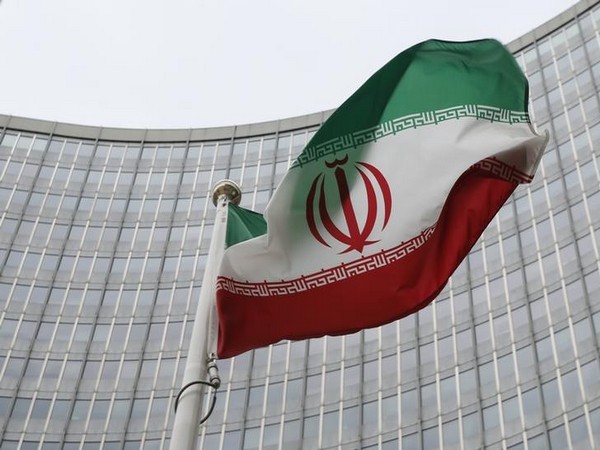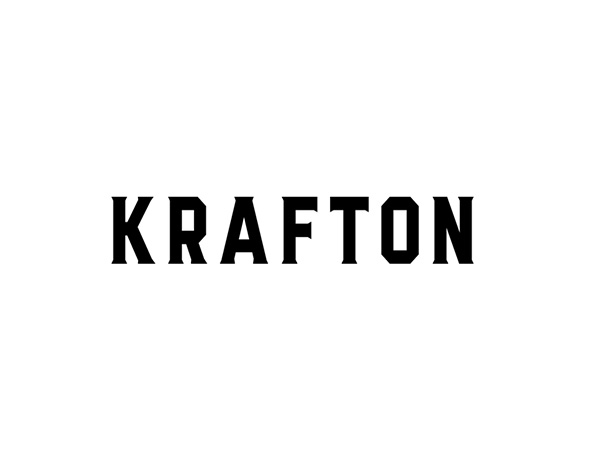
Iran asserts 'right to punish' Israel
Aug 06, 2024
Tehran [Iran], August 6: It has been a week since an Israeli airstrike in Beirut, Lebanon, killed Hezbollah military commander Fuad Shukr. The assassination of Hamas commander Ismail Haniyeh in Tehran, Iran, the following day has heightened tensions and led to the risk of a regional war. Hamas and Iran have accused Israel of being behind Haniyeh's death, but the country has so far neither admitted nor denied it.
Iran determined to respond
On the morning of August 5, the foreign ministers of the G7 countries (UK, Canada, Germany, US, Japan, France, Italy) and the EU High Representative for Foreign Affairs issued a joint statement expressing deep concern about the high level of tension in the Middle East, which threatens to spark a wider conflict in the region. The diplomats called for avoiding a continuation of the "destructive cycle of violent retaliation" because no country benefits from further escalation. The meeting convened by the US was a last-minute diplomatic effort to put pressure on Iran and its allies to exercise maximum restraint.
However, according to Axios , US Secretary of State Antony Blinken admitted to his counterparts at the meeting that the US believes Iran and Hezbollah will retaliate against Israel and that such action could happen within the next 24-48 hours. The diplomat also said that the US is doing its best to limit Iran's attack and Israel's potential response.
According to The Wall Street Journal, the foreign ministers of Jordan and Lebanon traveled to Iran in an effort to defuse tensions, but the host country responded that it would attack Israel even if it caused war. Iranian media reported that during a meeting with Jordanian Foreign Minister Ayman Safadi on August 4, Iranian President Masoud Pezeshkian declared that the assassination of Mr. Haniyeh was a "big mistake" and would "not go unanswered." Iranian Foreign Ministry spokesman Nasser Kanani yesterday affirmed his "legitimate right" to punish Israel to prevent further instability, although Tehran does not want to escalate tensions.
In contrast to the attack on April 13, when Iran launched more than 300 missiles and drones at Israel in response to the killing of two Iranian generals in Syria, the US and Israel are now said to have no idea of the scale of the upcoming attack. Previously, Iran said that Hezbollah's attack would not be limited to military targets. According to the Walla news portal , Israeli security forces have prepared a bunker under Jerusalem for senior leaders to operate in case of prolonged fighting. This bunker is capable of withstanding the destructive power of many types of weapons and has not been used during the 10-month Hamas-Israel conflict. The fact that the bunker is being prepared for use this time reflects the seriousness of the upcoming attack.
On the other hand, according to Israeli media, at a security cabinet meeting on August 4, the country's leaders discussed plans for a preemptive strike on Iran, Lebanon or elsewhere if necessary. White House Deputy National Security Advisor Jon Finer announced that the US and Israel are preparing for all options, after the Pentagon sent more forces to the region. US President Joe Biden convened a national security council meeting on the day to discuss developments in the Middle East. Citing comments from Western diplomats, Kan Radio reported that the coalition that helped Israel neutralize the attack in April, including the US, UK, France and some Arab countries in the region such as Saudi Arabia, Egypt, Bahrain, etc., could regroup to support this time. However, during a meeting with the Israeli delegation last weekend, Egyptian negotiators announced that they would not participate in the coalition but would also not allow Iran to use its airspace for military actions that threaten regional security, according to Al-Araby Al-Jadeed newspaper .
Source: Thanh Nien Newspaper









